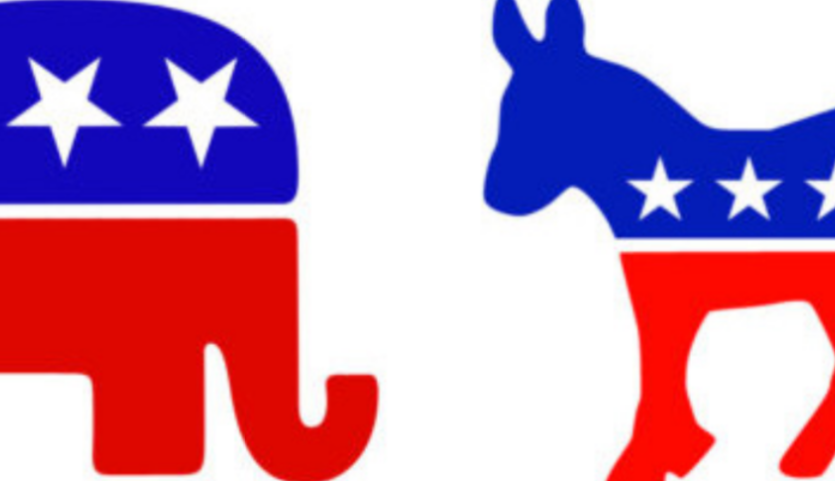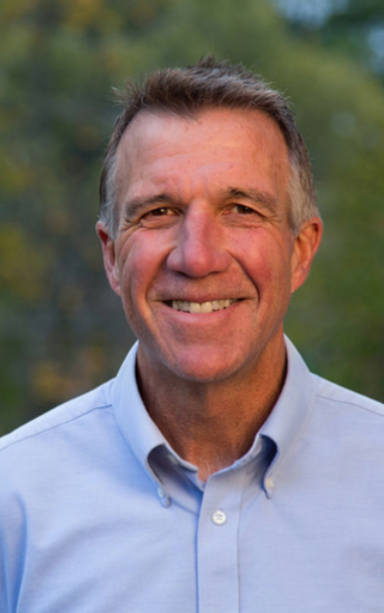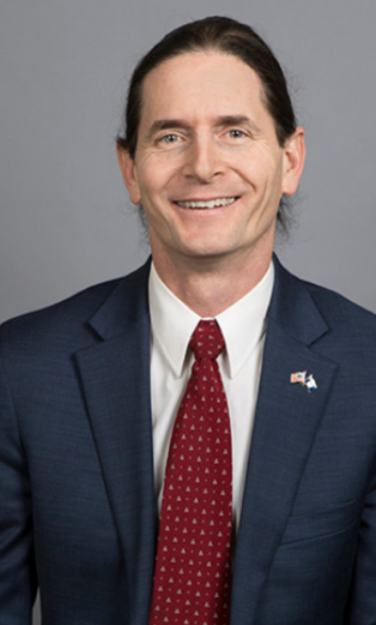
By Kit Geary
Politics Editor
Whether you are one of the 429 students from Vermont on campus, or you call a different state home, this upcoming gubernatorial election matters to you. The next choice of governor will impact your life directly as a student in more ways than you may realize. Of the plethora of issues that candidates are focusing on in their campaign three have captured students: handling Covid-19, the Black Lives Matter Movement, and the climate crisis.
COVID and the ELECTION
Currently Vermont stands in the national spotlight for its handling of the coronavirus. Dr. Anthony Fauci, director of the National Institute of Allergy and Infectious Diseases, recently joined Gov. Phil Scott’s weekly press conference via Zoom and said “I strongly believe that if we do what you [the state of Vermont] have been doing in the rest of the country…we cannot only get through the fall and the winter, but can come out the other end better off than we went in.”
Mark Levine was appointed by the Phil Scott administration to head the Vermont Department of Health. This administration could continue on or end this November. What will happen if Democratic candidate David Zuckerman wins the election? Will he reappoint Dr. Levine as head health commissioner, and if he does will Dr. Levine say yes?
“Within the state of Vermont there is a definite coherent state strategy that the health department is part of, but obviously it comes from the governor on down, there’s a respect for science and data that really drives the entire process,” said Levine. Levine along with the other offices of the governor’s administration have been working tirelessly to keep this state healthy, and they have found much success. Soon there will be a change, and either way Dr. Levine says he is willing to stay on and continue his position as the health commissioner.
“Should Governor Scott be the winner he has not said anything to the effect that he would break up the team. He considers this a very team directed enterprise,” Levine said. David Zuckerman also has mentioned a handful of times, via Bernie Sander’s livestreams, that he hopes that Levine will be willing to hold his position if a change of administration occurs.
“I’d let it be known that I’m in the pandemic response for the long run, I’m not trying to be influenced by whatever happens in the election,” Levine said.
BLACK LIVES MATTER and the ELECTION
Vermont has had its run in with racist incidents this year. Black Lives Matter protests have been occuring nightly in downtown Burlington. Protestors are currently infuriated with the city’s police department. Mark Hughes, a racial justice activist, resigned from the Burlington Police Commission earlier this month. During his public resignation Hughes declared racism in Vermont to be a public health emergency and expressed concern that Mayor Miro Weinberg has shown no “political will” towards the subject. Vermont residents are looking towards its leaders and demanding change and racial justice.
“Elections have real consequences for real people, including people who have been historically marginalized,” said James Duff Lyall, the Executive Director of the American Civil Liberties Union of Vermont. Across the state there are numerous racial justice initiatives happening, some will have an effect on the whole state and some will only affect certain towns. For instance, on a local level people are calling to have police officers removed from Montpelier and Winooski schools systems. Duff Lyall says people need to be aware of the issues candidates are running on pertaining to racial equity when they cast their ballots. “Whoever is elected governor is going to have a lot of work to do to address the legacy of racism in the country and in this state,” Duff Lyall said. The ACLU is a bipartisan organization and cannot back one candidate, but they are hopeful for a candidate who will implement serious change.
CLIMATE CHANGE and the ELECTION
The Vermont House of Representatives just overrode Phil Scott’s veto to the Global Warming Solutions Act which requires retail suppliers in the state to obtain 75 percent of their annual electricity sales from renewable sources by the year 2032. The catch is that this act has a provision that any entity in the state of Vermont could sue the state Government for failing to reach those goals.
“The greater Burlington area is really a national leader in climate change solutions,” said Laura Stroup, Associate Professor of Environmental Studies and Science. The state’s economy is so vulnerable to climate change because the ski industry brings in a good deal of the state’s revenue. Many Vermonters’ livelihoods depend on a healthy ski economy, global warming has been and will always be on their minds when they head to the polls.
“Zuckerman is running his campaign on a Vermont farmer, can- do kind of attitude. On the other hand Scott is a Republican yet he clearly is willing to hear out issues more broadly from both sides,” Stoup said. The current times make dealing with climate change more difficult. The coronavirus has been draining states financially and Vermont has felt this hit. The victor will have to consider the money that following through with the Global Warming Solutions Act will take, as well as the fact that there lies the possibility of being sued.
Voters in Vermont are left questioning how the next Governor will run this state and what issue will they focus on?



